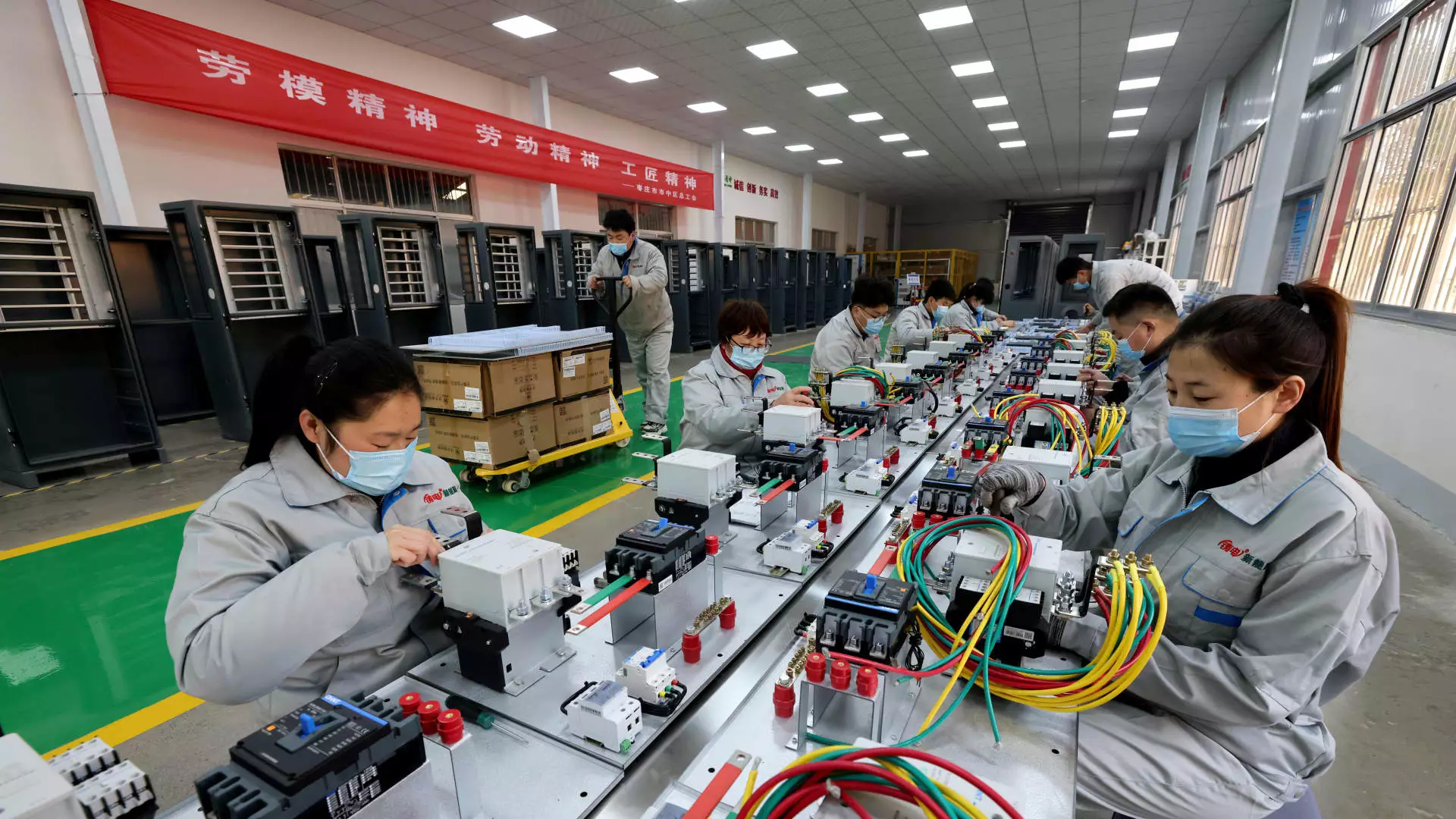In recent discussions about global investment opportunities, a notable figure has emerged: Perth Tolle, the founder of Life + Liberty Indexes. Tolle has been vocal in cautioning investors about the sustainability of China’s capitalism model. Her assertion that China’s economic system might not lead to democratic freedoms fundamentally challenges the prevailing narrative that economic growth inevitably paves the way for personal liberties. This perspective is particularly relevant as investors grapple with the intricacies of the world’s largest emerging market.
Tolle articulates a critical distinction between economic freedom and personal freedom, emphasizing that while the former may act as a necessary precursor, it alone cannot ensure the latter. This assertion raises crucial questions for investors considering engaging with China’s market. Is it wise to base investment decisions on the assumption that economic liberalization will lead to a more democratic society? Tolle’s insights suggest a closer examination of the philosophical underpinnings of China’s model is warranted.
Amid her critique, Tolle also highlights an intriguing aspect of her investment strategy through the Freedom 100 Emerging Markets ETF. Launched on May 23, 2019, the fund has witnessed impressive growth, boasting a 43% increase since its inception and a 9% rise in the current year. In striking contrast, the iShares China Large-Cap ETF, which targets China’s largest corporations, has only managed a 19% increase. Tolle’s avoidance of Chinese investments, despite the allure of high returns, underscores her belief that prioritizing economic freedom in emerging markets is critical for long-term sustainability.
This prompts an evaluation of alternatives to traditional Chinese investments. When examining other emerging economies that value personal freedoms, investors may encounter lower volatility and improved performance. The perspectives of experts like Tom Lydon, a former head at VettaFi, support this notion, advocating for cautious positioning away from China while exploring markets with more favorable governance structures.
Tolle’s personal journey offers further depth to her insights. Having spent part of her childhood in Beijing, she has a unique vantage point on China’s socio-economic climate. When she began her career in finance, the overwhelming desire from clients to enter the Chinese market clashed with her reservations. This conflict highlights a broader challenge faced by investment professionals: balancing client demands with ethical considerations and long-term viability.
Her reflections on clients wary of investing in Russia due to geopolitical issues serve as a cautionary tale. Those sentiments echo today, illustrating the potential repercussions of engaging with markets that may pose ethical dilemmas.
As investors confront an increasingly complex global landscape, Tolle’s critiques of China’s capitalism model beckon serious consideration. The juxtaposition of her successful Freedom 100 ETF against traditional Chinese investments serves as a reminder of the importance of aligning investment strategies with values that prioritize freedom and sustainability. Moving forward, investors may need to re-evaluate not only where they put their money but also the principles guiding their investment decisions. Choosing markets that foster economic and personal freedoms may well prove to be a more prudent approach in a world where volatility and ethical implications are ever-present.

